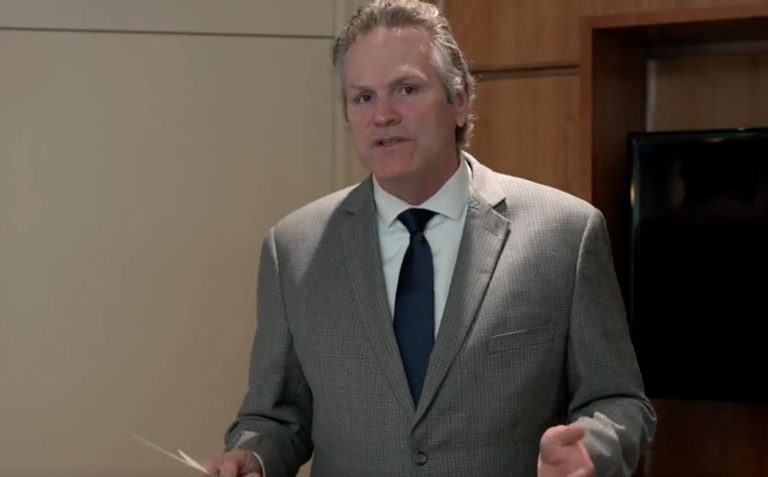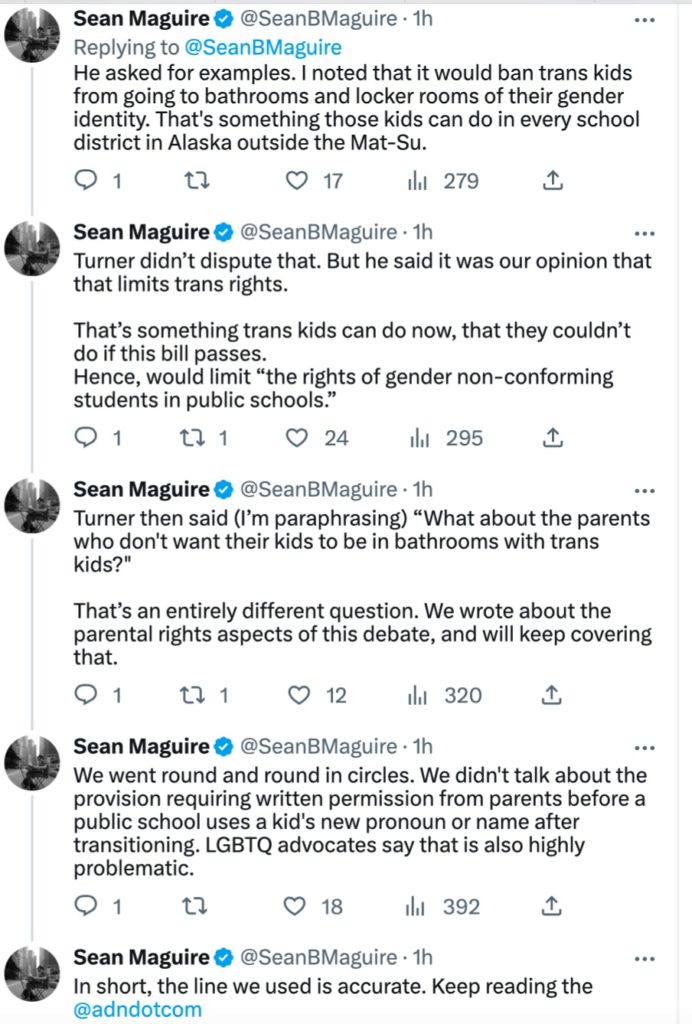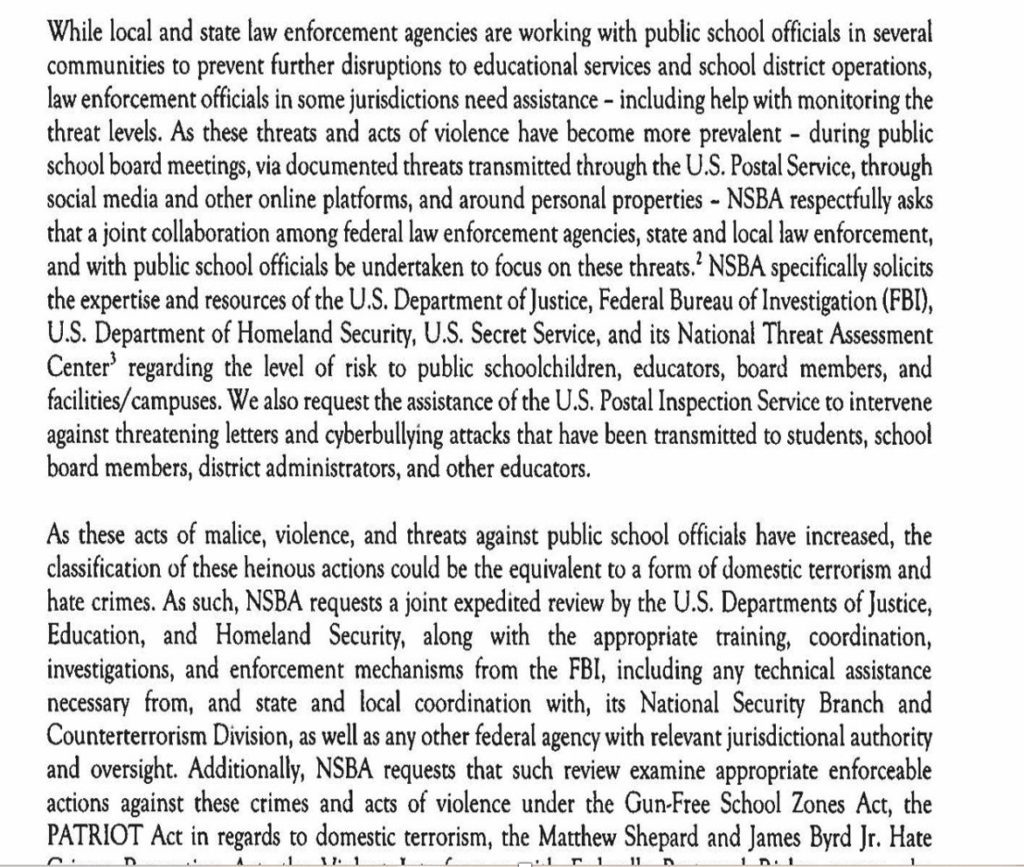By DAN FAGAN
Ask Alaskans which is worse during the long winter: The cold or the dark? Most would say it’s the seemingly never-ending darkness.
Daylight Saving Time, which begins Sunday at 2 a.m., won’t bring more daylight. But it will make evening light longer.
Daylight Saving Time runs between this weekend and the first Sunday in November.
Standard Time runs between November and the second Sunday in March.
A Monmouth University poll last year found 44 percent of those asked favor Daylight Saving Time while only 13 percent preferred Standard Time. Most Americans prefer more light in the evenings than mornings.
Sixty-one percent of responders favored ending the twice-annual clock changes. In other words, they said, pick a time and go with it.
The sun will set at 6:51 p.m. on Saturday in Anchorage. On Sunday, after adjusting clocks, it sets at 7:53 p.m.
The time change, along with a gain of five minutes and 44 seconds of daylight per day at this time of year, means more fun outdoors with more light.
By the end of March, the sun won’t set in Anchorage until 8:42 p.m., extending evening daylight by two hours over sunset this Saturday.
On June 21, summer solstice, the sun will set in Anchorage at 11:42 p.m., a far cry from the 6:51 p.m. sunset this Saturday.
State Rep. Dan Ortiz, an independent from Ketchikan who caucuses with the Democrats, has introduced a bill this legislative session calling for year long Daylight Saving Time in Alaska. No more Standard Time and no more changing clocks.
“Daylight Saving Time works better for tourism and the people of my district,” Ortiz told Must Read Alaska. “It also gives us more daylight at the end of the school day.“
Members of Alaska’s tourism industry have testified before the legislature that changing to Daylight Saving Time all year would boost the economy giving visitors more time in the evening to stay out and spend money.
Ortiz says he believes other Western states are also looking to move to yearlong Daylight Saving Time. He says if his bill passes it will not disrupt trade or communication.
Ortiz’s bill only changes Alaska to yearlong Daylight Savings Time if the federal government acts first.
Sen. Marco Rubio, a Republican from Florida, has introduced the Sunshine Protection Act of 2023, federally ending the need to change clocks twice a year.
“This ritual of changing time twice a year is stupid,” says Rubio. “Locking the clock has overwhelming bipartisan and popular support. This Congress, I hope that we can finally get this done.”
Hawaii and Arizona (except for the Navajo Nation) are currently the only two states on Standard Time all year.
In the past four years, 19 states passed laws to permanently switch to Daylight Saving Time. But currently Congress must first approve any state’s wish to change to Daylight Savings Time all year.
For Republican Sen. Rand Paul from Kentucky, Rubio’s bill is a states’ rights issue.
“The sunshine protection act will allow states the freedom to decide if they want to permanently follow daylight savings time. without needing approval from Congress,” said Sen. Paul. “I’m glad to join Sen. Rubio in introducing this commonsense legislation.”
Last year, the U.S. Senate unanimously passed Rubio’s Sunshine Protection Act legislation, but it died in the House. Then, House Speaker Nancy Pelosi, a California Democrat, refused to allow a vote on the floor for the legislation, despite its bipartisan popularity.
With Republicans now controlling the House, Rubio’s bill may have a chance of passing this year.
Alaska has been doing the time swap for over 80 years, as it first began observing Daylight Saving Time in 1942.
Many Alaskans dread that first Sunday in November, a season when daylight is already in short supply, and darkness comes earlier and earlier with each passing day. During the month of November, Anchorage typically loses more than five minutes of daylight a day. Then, it seems out of nowhere, the darkness advances like a tidal wave. On one Saturday, the sun goes down at 5:49 p.m. The time changes overnight Sunday, and darkness falls as early as 4:47 p.m.
By the time winter Solstice hits on Dec. 21, darkness descends on Anchorage as early as 3:42 p.m.
Most Americans experience the mostly unwelcome advancement of evening darkness but with Alaska’s long, dark winters, the change is all the more pronounced.
Dan Fagan is a reporter for Must Read Alaska. Email tips at [email protected].



















